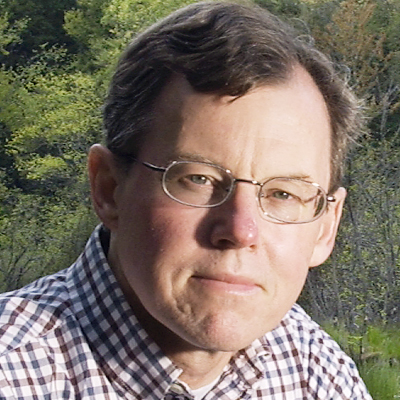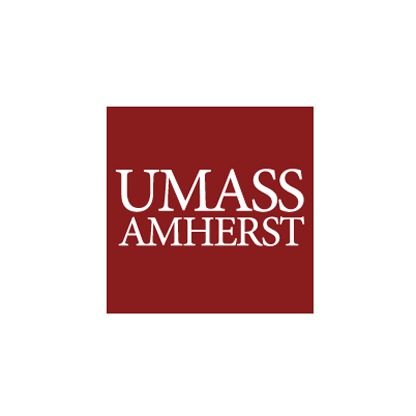Electric bacteria offer a solution for the need for clean energy
Global climate change resulting from increases in atmospheric carbon dioxide is perhaps the biggest environmental concern of our century. Therefore, new strategies to eliminate the need for fossil fuels are necessary. Remarkably, Dr. Derek Lovley, of the University of Massachusetts, has found that microorganisms, the small organisms that inhabit our planet and can be found everywhere within it, may be an essential tool for moving towards sustainability. Dr. Lovley is interested in both the basic science of how microorganisms can electrically interact with their environment as well as practical applications in bioenergy and sustainable electronics. The electrical bacteria that he and his team study have already shown to be successful catalysts for converting carbon dioxide into transportation fuels and other organic commodities that could replace our current energy sources. Not only can these fascinating microorganisms create fuels from carbon dioxide, but also, they can harvest energy from organic waste and in the future may be used as environmental sensors that can look for pollution. Therefore, Dr. Lovley's research supports the old adage, of using lemons to make lemonade as he is truly using the wastes of our world to create viable options for our futures with environmental, industrial, and human health applications!
Dr. Lovley's interest in such research was motivated by an interest in solving environmental problems that will affect the global community. The continued study of basic science has encouraged Dr. Lovley to elucidate the fundamentals of how microorganisms make electrical connections with their environment and as the pioneer of environmental research with microorganisms, he continues to lead the charge on developing novel processes for environmental cleanup with microorganisms. Therefore, his research falls upon a spectrum beginning with basic research and leading to applications that are sure to impact society. Responsible for the discovery of the Geobacter class of microorganisms, Dr. Lovley's previous contributions to the scientific community have supported his commitment to scientific rigor and creativity. His unique discovery of the incredible electric bacteria mixed with the fascinating ways in which he uses them for novel energy solutions, may be the necessary combination that leads to environmental solutions that create a cleaner world for generations to come.
Current research includes:
-
Reducing Carbon: Dr. Lovley developed a process, known as microbial electrosynthesis, in which microorganisms use electricity derived from solar or other renewable processes to convert carbon dioxide into transportation fuels and other organic commodities.
-
Converting Organic Waste: This year, Dr. Lovley discovered that electric bacteria also play an important role in the conversion of organic wastes to methane. He and his lab are using this information to develop strategies to improve this important bioenergy process.
- Developing Sensors: Electric bacteria show promise for the development of sensors and for the design of biological computers which will have the ability to detect pollution.
Bio
Dr. Lovley became an researcher because of a general interest in the environment and biology. He learned near the end of his undergraduate career that microorganisms were the primary life forms controlling environmental chemistry. This lead him to focus on microbiology for his graduate and postdoctoral research. His early research focused on natural, microbial processes, that influence global biogeochemical cycles. However, an interest in solving environmental problems led to the development of novel processes for environmental clean-up with microorganisms, including the first discovery of microorganisms that could grow on toxic organics like benzene in the absence of oxygen and the first microorganisms found to grow on radioactive metals, such as uranium. Now that too much carbon dioxide in the atmosphere has emerged as our most pressing environmental pollution concern, Dr. Lovley's research focus has moved to novel bioenergy strategies. Recent discoveries in this area have included the development of an artificial form of photosynthesis and microorganisms that can convert organic wastes to electricity. In his free time, aside from research, Dr. Lovley remains active as he enjoys scuba diving, hiking, skiing, and P90X.
Website: www.geobacter.org
In the News
CleanTechnica
University of Massachusetts Amherst
National Geographic


